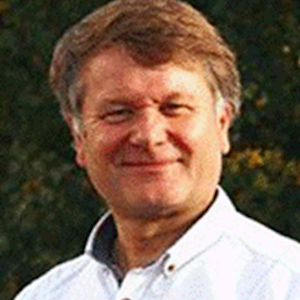John is a senior lecturer on the MSc Sustainable Food and Natural Resources and the MSc Sustainability & Behaviour Change courses and lectures mainly on topics relating to the environment, health and wellbeing. While he originally trained as an Osteopath, John has always had a passion for the natural world and environmental concerns.
A lifelong engagement with relevant learning and qualifications resulted in a transition to a career in higher education focused on sustainability, health and transformational change. This was developed through undertaking an MSc in Exercise and Health Science (with a focus on the benefits of physical activity in greenspaces) a Postgraduate Diploma in Environmental Decision Making, an MA in Environment, Culture and Society and a PhD exploring the wellbeing benefits of contact with nature and greenspaces.
Most recently John was a senior lecturer and course leader for the MSc in Public Health course at the University of Worcester, which had a focus on an ecological framing and exploration of public health issues.
Qualifications
PhD ‘The wellbeing benefits of contact with nature and greenspaces’, Lancaster University
MA Environment Culture and Society, Lancaster University
Postgraduate Diploma in Environmental Decision Making, Open University
MSc Exercise and Health Science, Bristol University
Teaching activities
Lecturer
Tutor
Thesis supervisor
Research Interests
The relationships and synergies connecting sustainability, environment, nature, health and wellbeing. Pedagogic research, sustainability, health and sustainability, education for sustainability, transformational learning and transformational change.
Methodologies and methods: Qualitative methods, walking interviews (‘peripatetic practices’).


